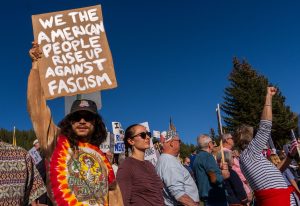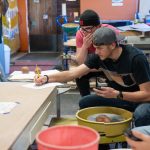‘Flowers Beyond the Dark,’ Tahoe screening of award-winning documentary brings Ukraine’s story to the world
TAHOE CITY, Calif. – On the night of Wednesday, October 8, a packed audience filled the Tahoe Art Haus & Cinema for a screening of Flowers Beyond the Dark — a one-of-a-kind documentary filmed during the first six months of Russia’s invasion of Ukraine in 2022.
“I’m so sorry I have to invite you to watch a film about war,” said Tahoe-based Ukrainian American producer Yulia Zi. “But it is our artistic and civic duty.”
The documentary offered three powerful perspectives on life in the Kyiv region following its de-occupation in spring 2022. It shed light on the human stories of resilience and survival amid the ongoing war in Ukraine.
The film has already earned national recognition, receiving the Best International Feature Film Award during its world premiere at the Carmel International Film Festival. Yet beyond the accolades, the film arrived in the United States with a singular mission.
“It’s not about our art,” said Ukrainian film director Iryna Pravylo. “It’s about our responsibility to present this war to the world.”
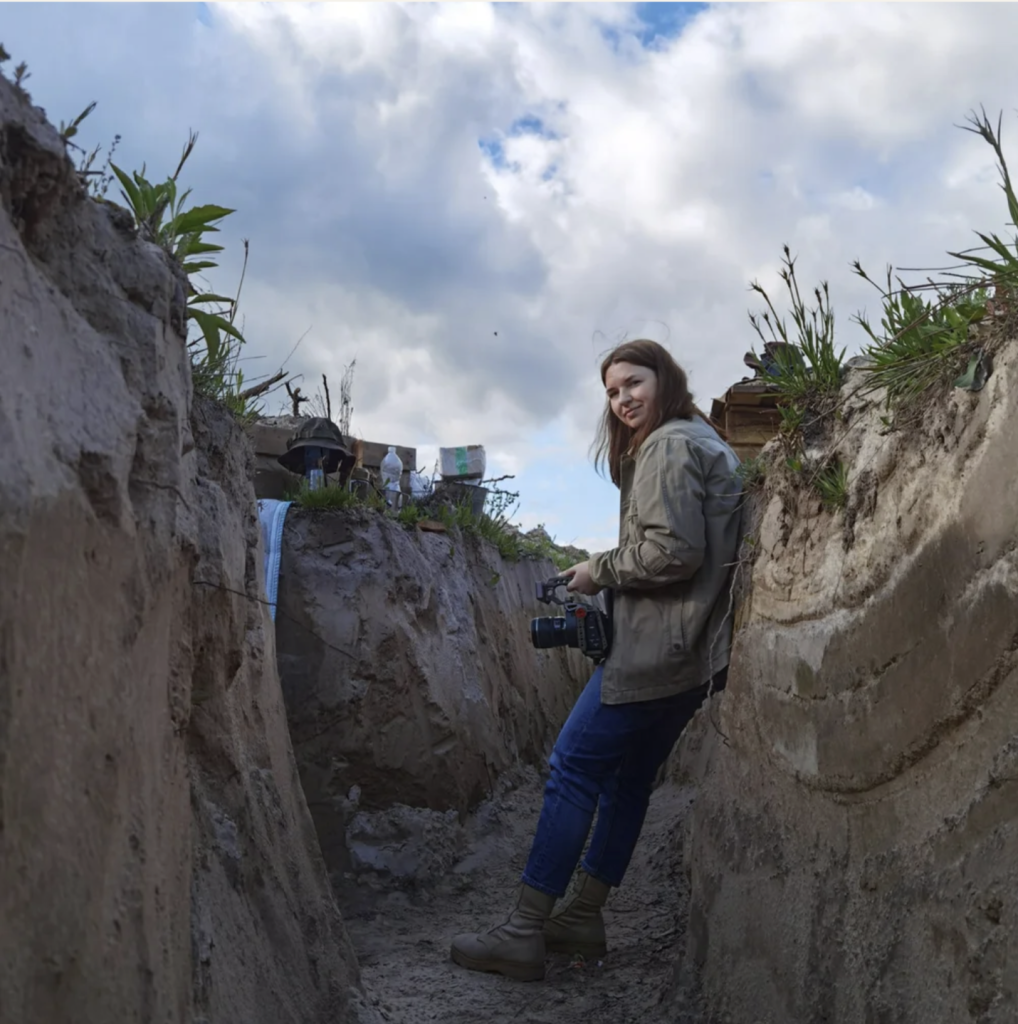
While creating the film, Pravylo and her team lived through the war themselves — filming under tight restrictions and often in life-threatening conditions.
One afternoon, while attempting to capture drone footage of tank tracks carved into a Ukrainian roadway, the crew was suddenly passed by an SUV carrying Ukranian armed civilian patrols — local volunteers organized to defend their area.
“You must understand, if you are not military, you could be considered a spy,” Pravylo said.
Drones were banned due to the risk of Russian spy surveillance.
Just as Pravylo and her team exhaled in relief, the vehicle turned around.
“Stay where you are! Lie down!” the men shouted, weapons raised as they approached.
They inspected the crew’s documents, tension rising as they read Russian-sounding surnames.
Then, as one patrolman examined Pravylo’s papers, he paused — recognizing her surname as distinctly Ukrainian. Only then did the standoff begin to ease.
Laughing as she recalled the incident, Pravylo said her last name likely saved her crew’s lives — along with their drone and all their camera gear.
Throughout the filming process, Pravylo’s team endured power outages, constant safety threats, and the challenges of postproduction during wartime. At one point, they edited the film from a gas station — the only place they found with a working generator.
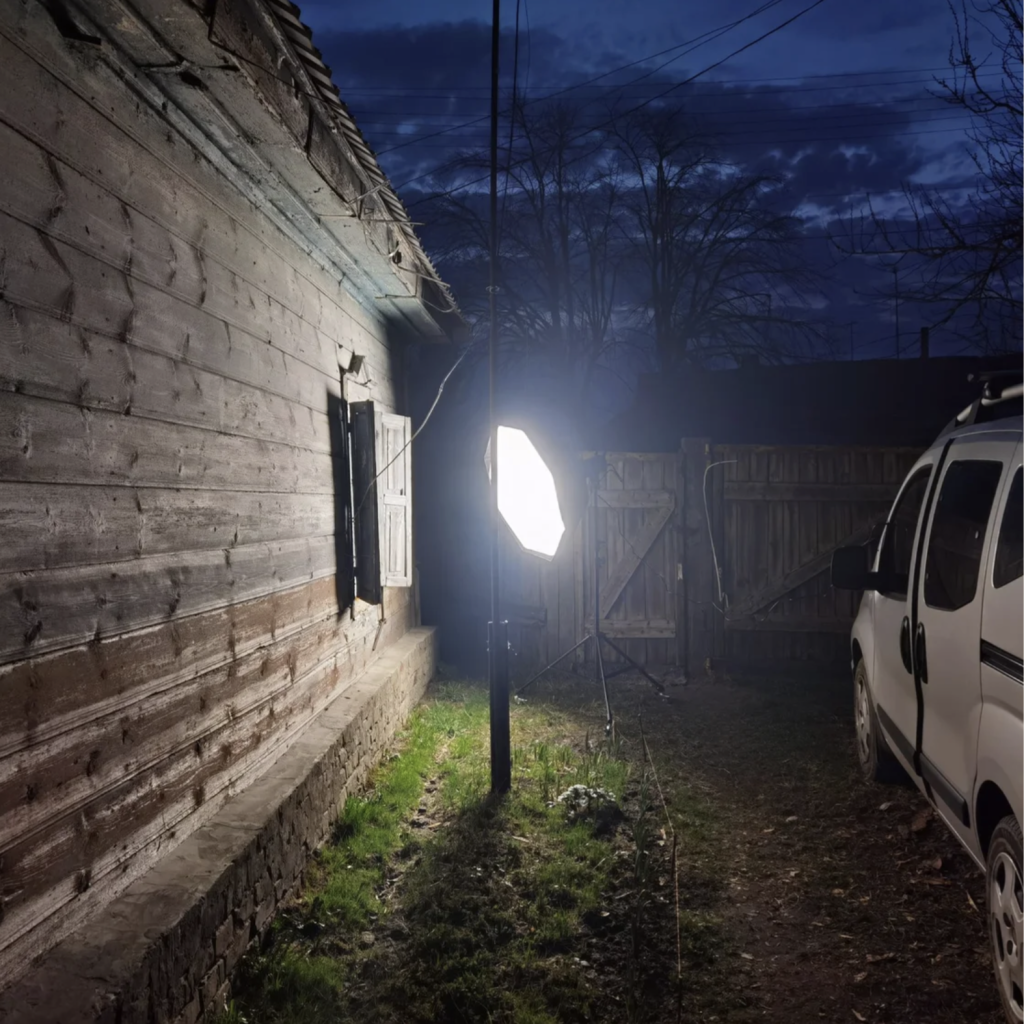
Featuring an original musical score and paintings by Ukrainian artists, the film’s postproduction process took nearly two years to complete.
“It was already so difficult to shoot the film,” said Pravylo, recalling the sight of the first mass grave of civilians in Bucha, a town in the Kyiv region. “And now, we had to watch it thousands of times in postproduction.”
The film includes an interview with Father Andriy Halavin, the priest who bore witness to the deaths and tortures that led to the region’s first mass burials, and who later welcomed international delegations to examine photographic evidence of Russia’s crimes.
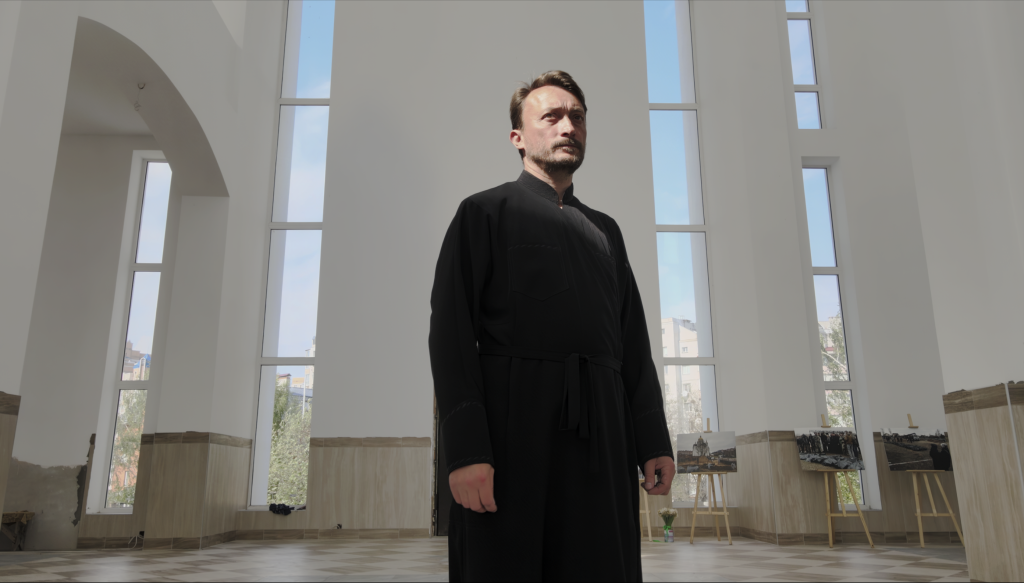
It also follows Natalia and Sheriy, a husband and wife separated by occupation, as well as two soldiers of the 72nd Brigade of the Armed Forces tasked with defending “the Road of Life” — a vital route for evacuations and humanitarian aid.
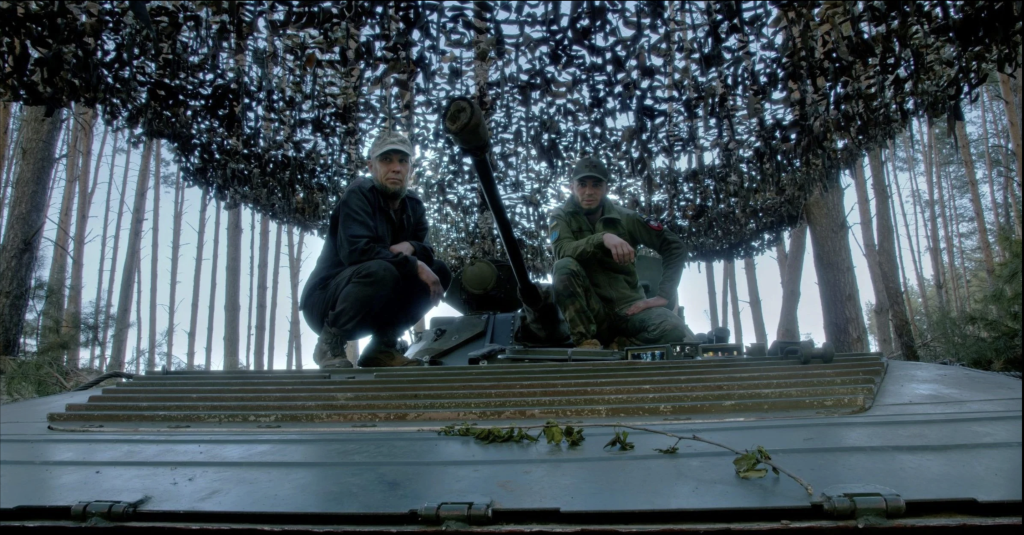
“You were brave enough to make this film,” Annette Caton, co-director of the Carmel International Film Festival, told Pravylo. “Now we must be brave enough to watch it.”
Following the third and final screening at Stanford University, Pravylo will return to Kyiv, where she lives.
“When you are in Ukraine, you think the world is tired of our tears,” Pravylo said. “But here, I see people who want to do something, who want to help. I will return to Ukraine with this message, and I think it will inspire.”
The screening also served as a fundraiser for the California-based nonprofit Leleka Foundation, which supports frontline medics in Ukraine by providing medical backpacks, supplies, casualty evacuation vehicles and counter-drone systems.
Support Local Journalism


Support Local Journalism
Readers around Lake Tahoe, Truckee, and beyond make the Sierra Sun's work possible. Your financial contribution supports our efforts to deliver quality, locally relevant journalism.
Now more than ever, your support is critical to help us keep our community informed about the evolving coronavirus pandemic and the impact it is having locally. Every contribution, however large or small, will make a difference.
Your donation will help us continue to cover COVID-19 and our other vital local news.
